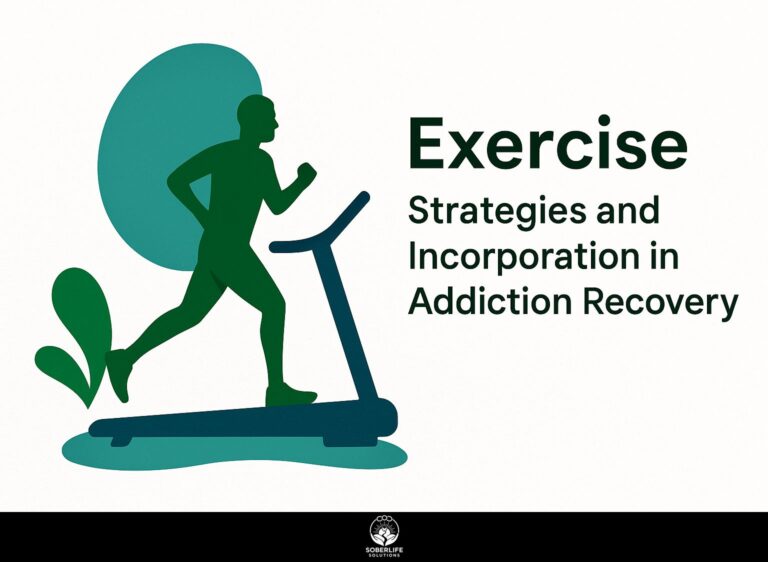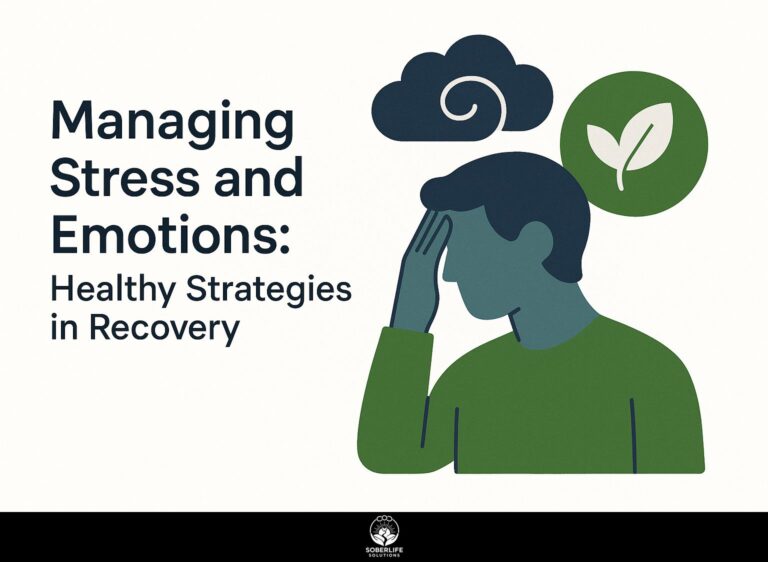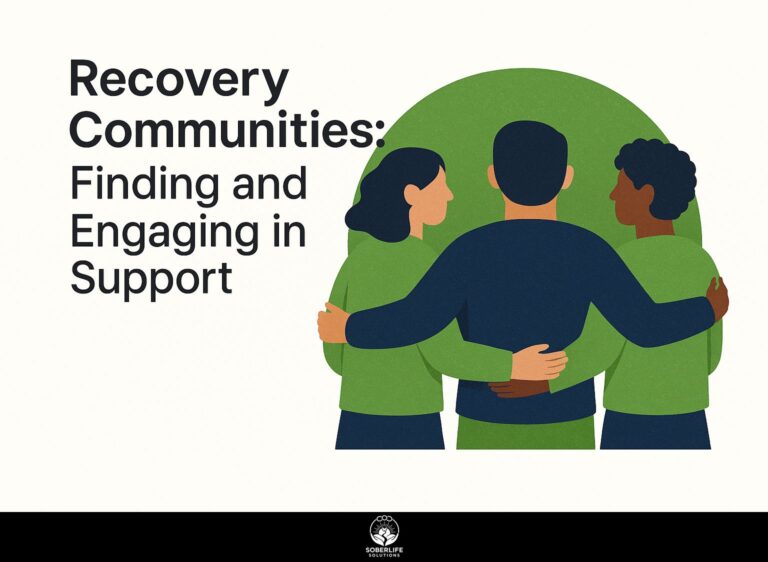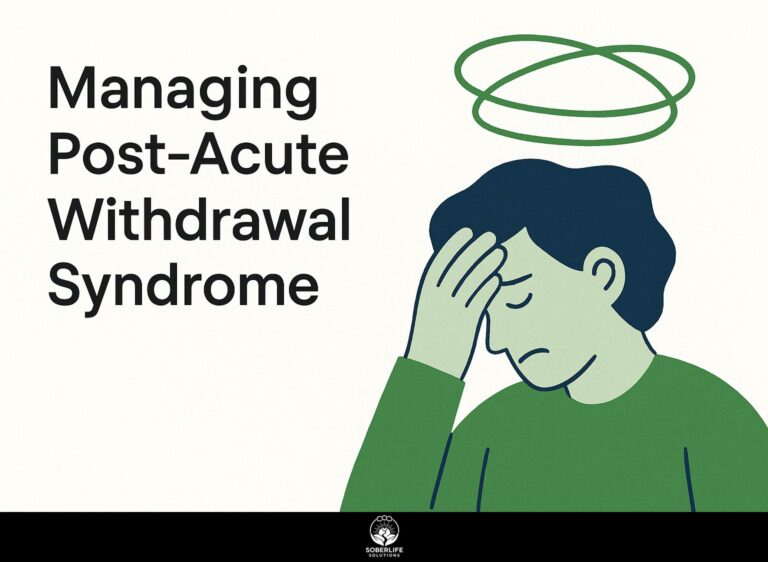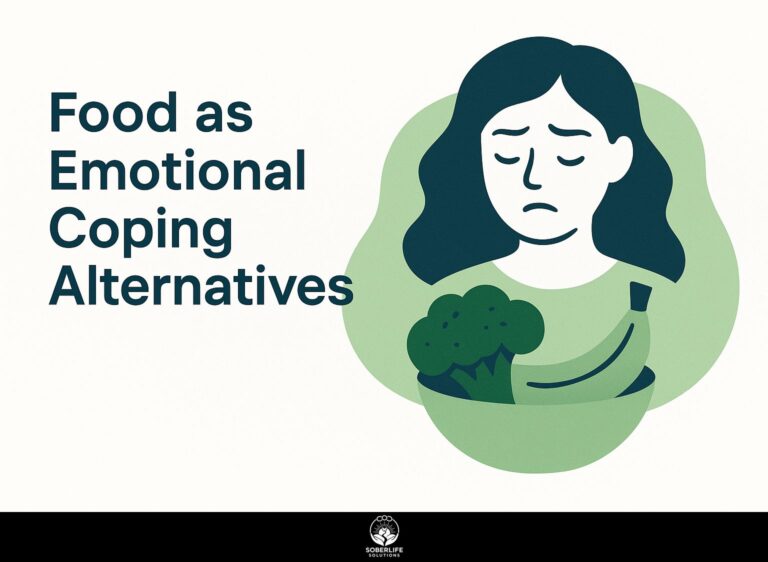How to Build Habits for Addiction Recovery: A Step-by-Step Guide
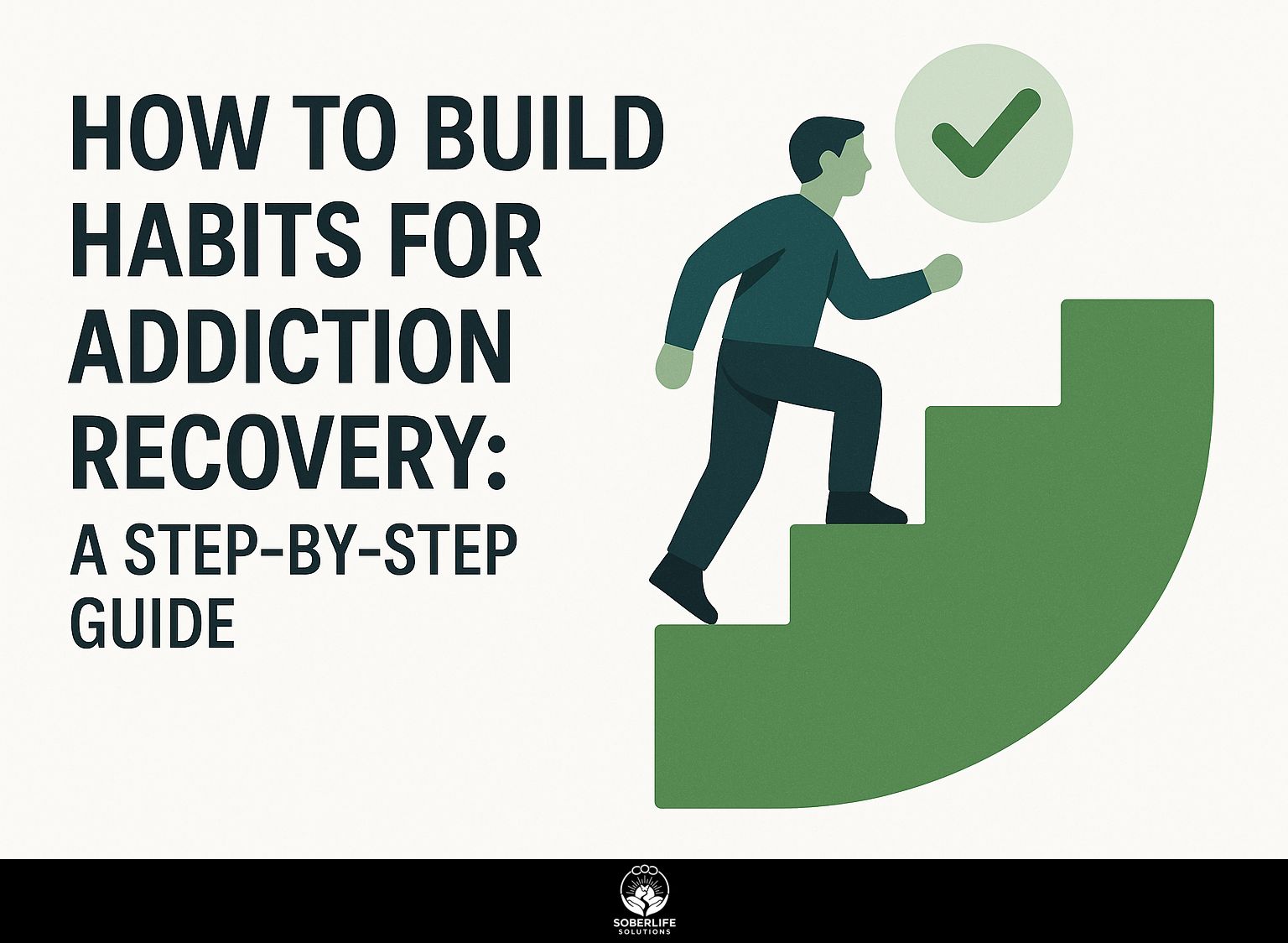
Building habits is important for overcoming drug addiction and recovering. Whether you’re part of groups like Narcotics Anonymous or Alcoholics Anonymous, or looking for support through BetterHelp, knowing how to control cravings and urges is important. This step-by-step guide will provide you with actionable strategies to establish positive routines and make informed treatment choices, setting the foundation for lasting healing from substance use disorder.
Key Takeaways:
Understanding Addiction and Recovery
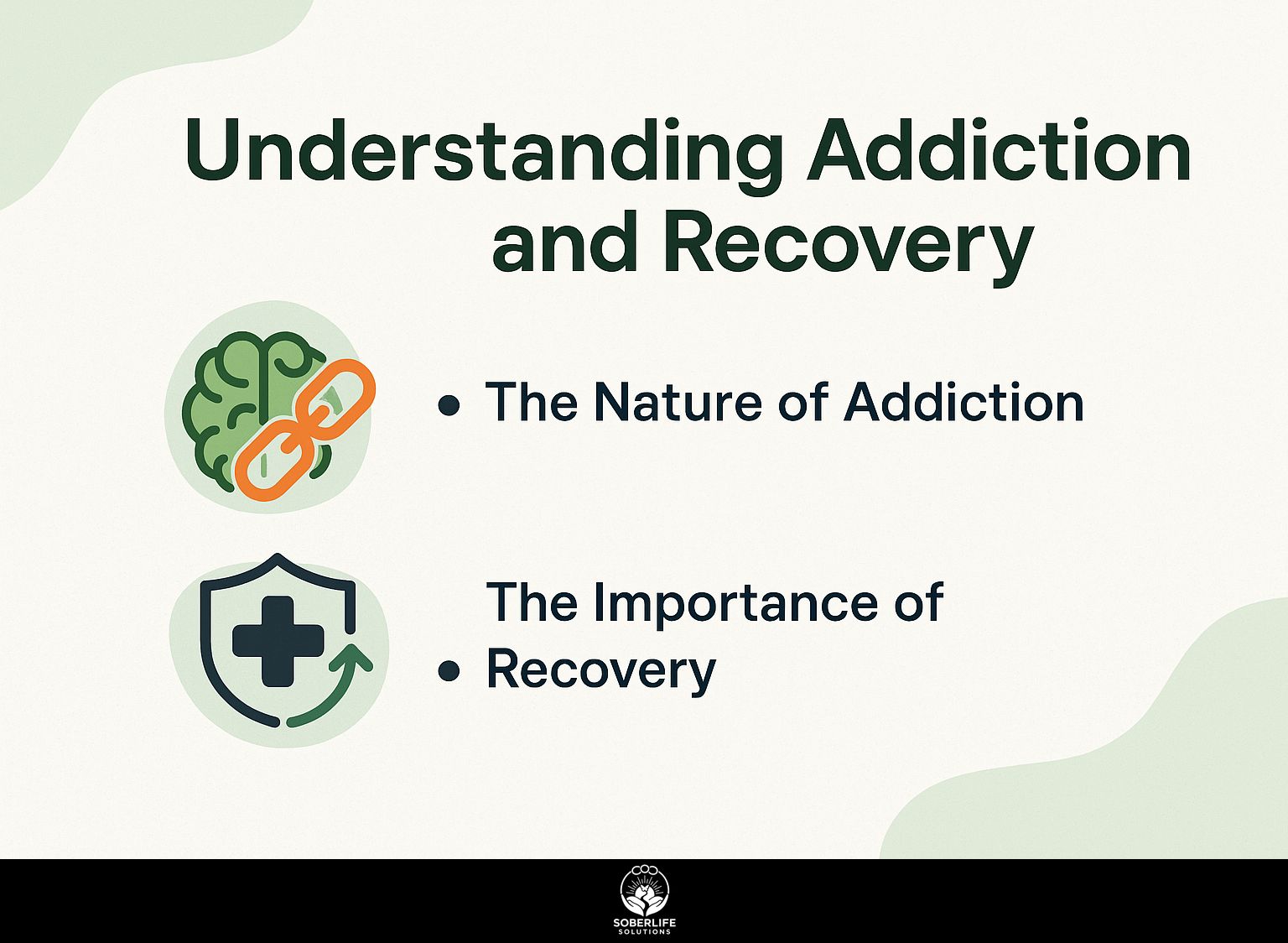
Learning about addiction and the steps to recover is important for people wanting to stop using drugs and take back control of their lives. See also: How to Develop Healthy Habits: 10 Steps for Recovery for a comprehensive guide on fostering positive habits during recovery.
The Nature of Addiction
Addiction is characterized by compulsive substance use, where cravings and emotional triggers significantly influence behavior.
Addiction is related to the brain’s dopamine pathways, which are important for experiencing pleasure. When substances like opioids are consumed, they cause a surge in dopamine, reinforcing the desire to repeat the experience.
Alcohol can similarly hijack these pathways, leading to increased tolerance and dependence. As time passes, the brain’s reward system reacts less, so users consume more of the substance to feel the same level of pleasure.
Understanding this neurobiological base is key to creating successful treatment plans. For a deeper insight into these mechanisms, a study by Nature provides comprehensive cross-species insights into the neurobiology of drug addiction.
The Importance of Recovery
Recovery offers individuals the opportunity to rebuild their lives and regain emotional resilience after substance use disorder.
To successfully manage recovery, individuals can follow various practical treatment options.
Detoxification is often the first step, allowing the body to clear itself of drugs or alcohol safely, typically supported by medical professionals.
Counseling is important, offering methods to tackle the root problems causing the addiction. Joining support groups like Narcotics Anonymous or Alcoholics Anonymous can help build a sense of belonging and responsibility.
Research indicates that about 75% of people involved in these programs reach significant recovery.
Using these techniques together can increase the chances of a lasting and satisfying recovery process.
Setting Clear Goals
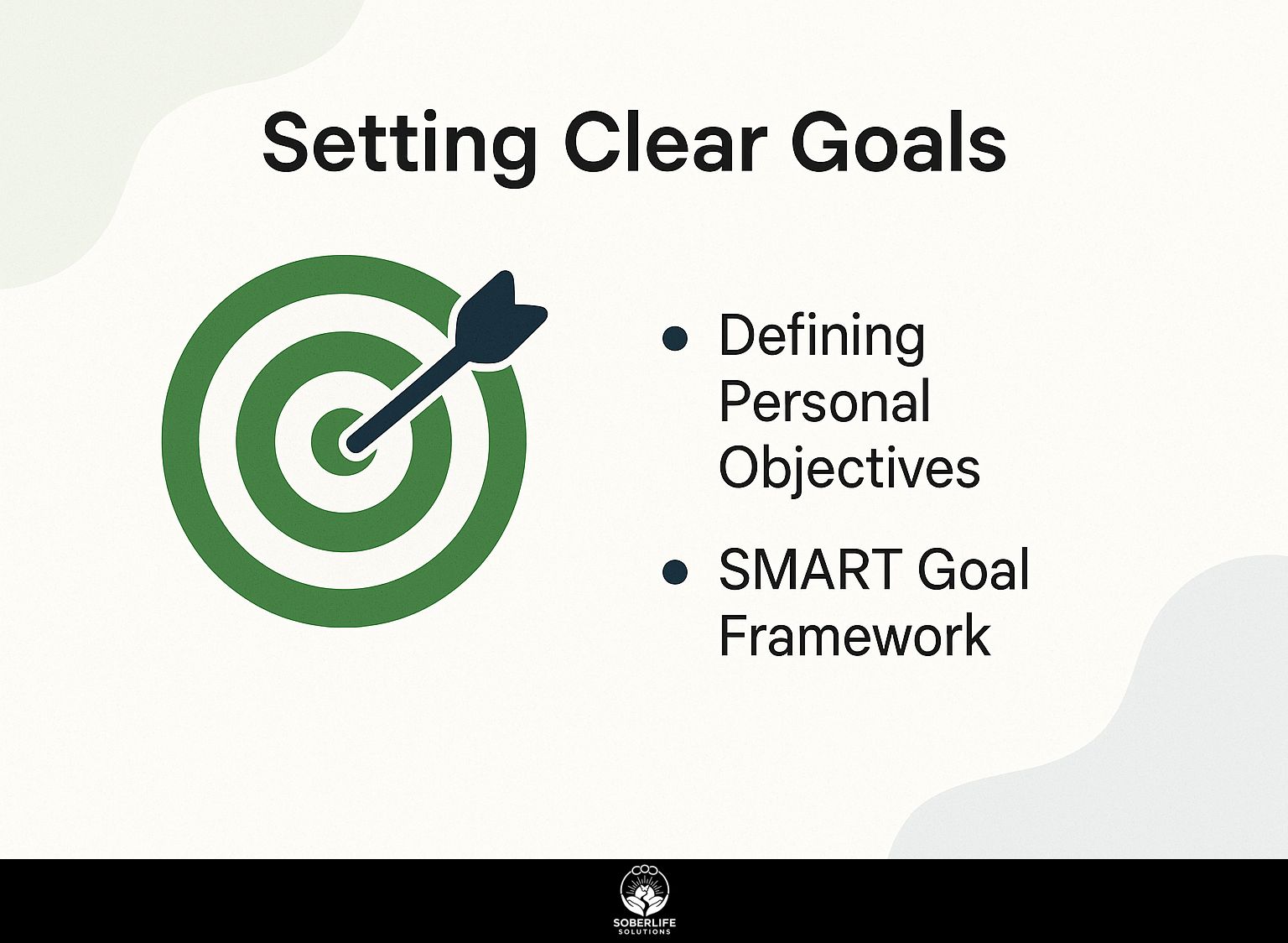
Setting clear goals is important for staying focused during recovery and reaching long-term success. For those interested in exploring structured strategies, our guide on SMART Recovery principles and benefits can offer valuable insights.
Defining Personal Objectives
Defining personal objectives involves introspective work to identify specific areas for growth, such as healthy coping skills and relapse prevention.
Begin by listing 3-5 particular goals that match your current difficulties. For example, someone might set a goal to ‘meditate for 10 minutes each day’ or ‘join a weekly support group.’
After identifying these objectives, discuss them in your next support group meeting, allowing for feedback and accountability. This method explains your goals and builds community support.
Keep in mind that checking and updating your goals often can help you make steady progress in your personal growth.
SMART Goal Framework
The SMART goal method (Specific, Measurable, Achievable, Relevant, Time-bound) can make recovery goals clearer and increase the chances of success.
For example, you might set the goal “I will attend three support group meetings each week for one month.” This goal is specific (attending meetings), measurable (three per week), achievable (realistic commitment), relevant (contributes to recovery), and time-bound (one month duration). Research published on ScienceDirect highlights the effectiveness of using SMART goals in various contexts, reinforcing their value in recovery processes.
Tracking progress can be done using a simple checklist where you mark each meeting attended, allowing you to adjust your goals as needed. Consider using a journal to write down thoughts after each meeting, which can help you stay focused on your recovery.
Identifying Triggers
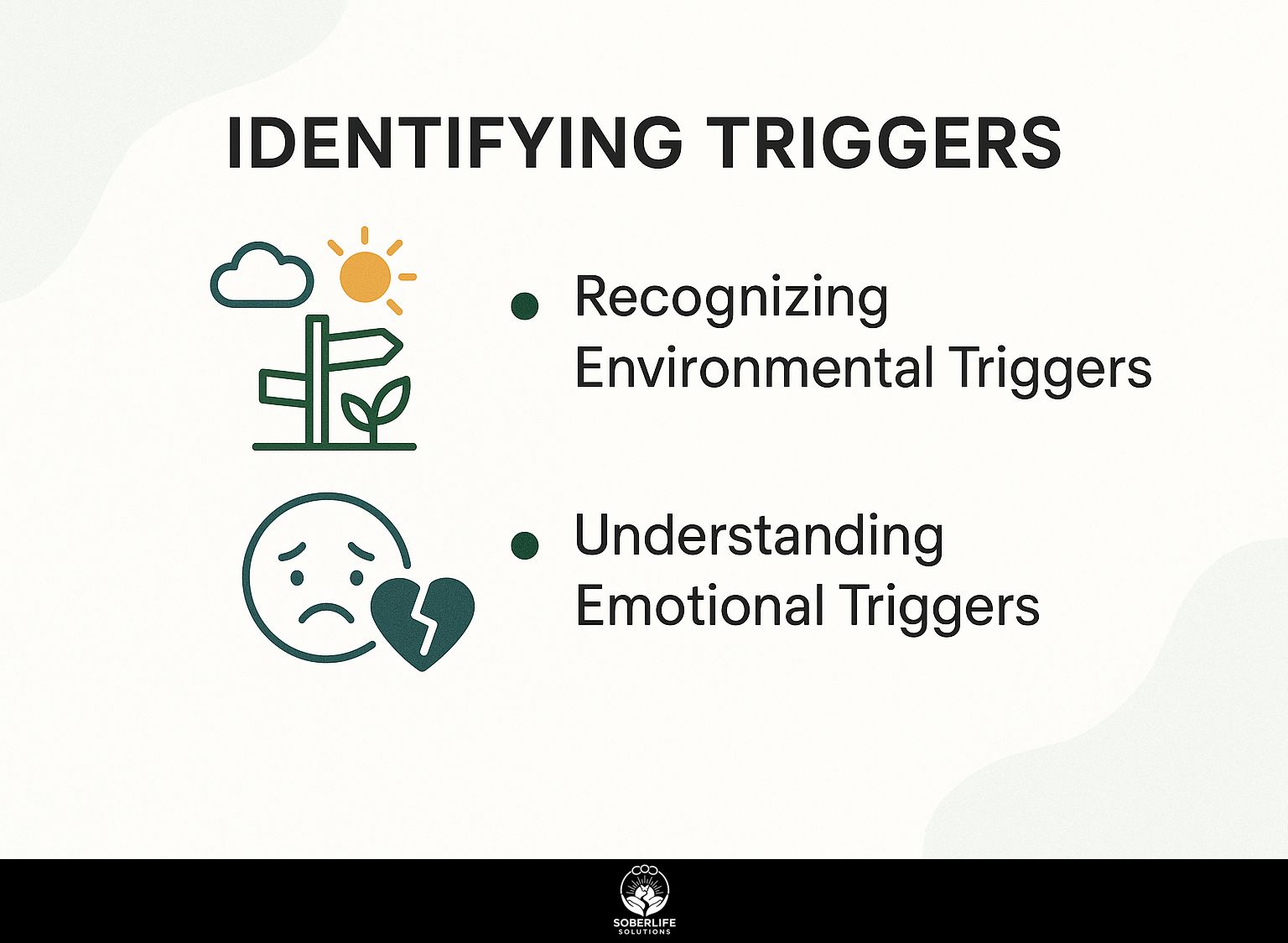
Finding what sets off cravings is an important part of getting better, as ignoring these signs can result in urges and actions that are hard to control. Learn more about handling emotional triggers which can be key to managing and overcoming cravings effectively.
Recognizing Environmental Triggers
Environmental triggers, such as specific locations or social settings, can provoke cravings and undermine recovery efforts.
To deal with these difficulties, find out what usually sets you off. Examples include bars, parties, or crowded events.
Develop actionable strategies, such as creating a list of safe spaces like gyms or coffee shops where you can retreat if feelings arise.
Ask a few trusted friends who know your situation and can help you stay away from dangerous places.
Practice mindfulness techniques, such as deep breathing or visualization, which can provide immediate relief when faced with these triggers.
Understanding Emotional Triggers
Knowing what causes emotions like stress or loneliness is important for creating ways to handle them during recovery.
To better manage these triggers, start by journaling daily. Record moments when you feel heightened emotions and note the circumstances surrounding them. This practice can reveal patterns and help you identify specific triggers.
Pair journaling with mindfulness techniques like meditation or deep breathing exercises, which promote emotional regulation. For instance, a simple 10-minute guided meditation can center your thoughts and reduce anxiety.
Apps like Headspace and Calm provide organized programs to improve your routine, resulting in better ways to handle stress over time.
Developing Positive Habits
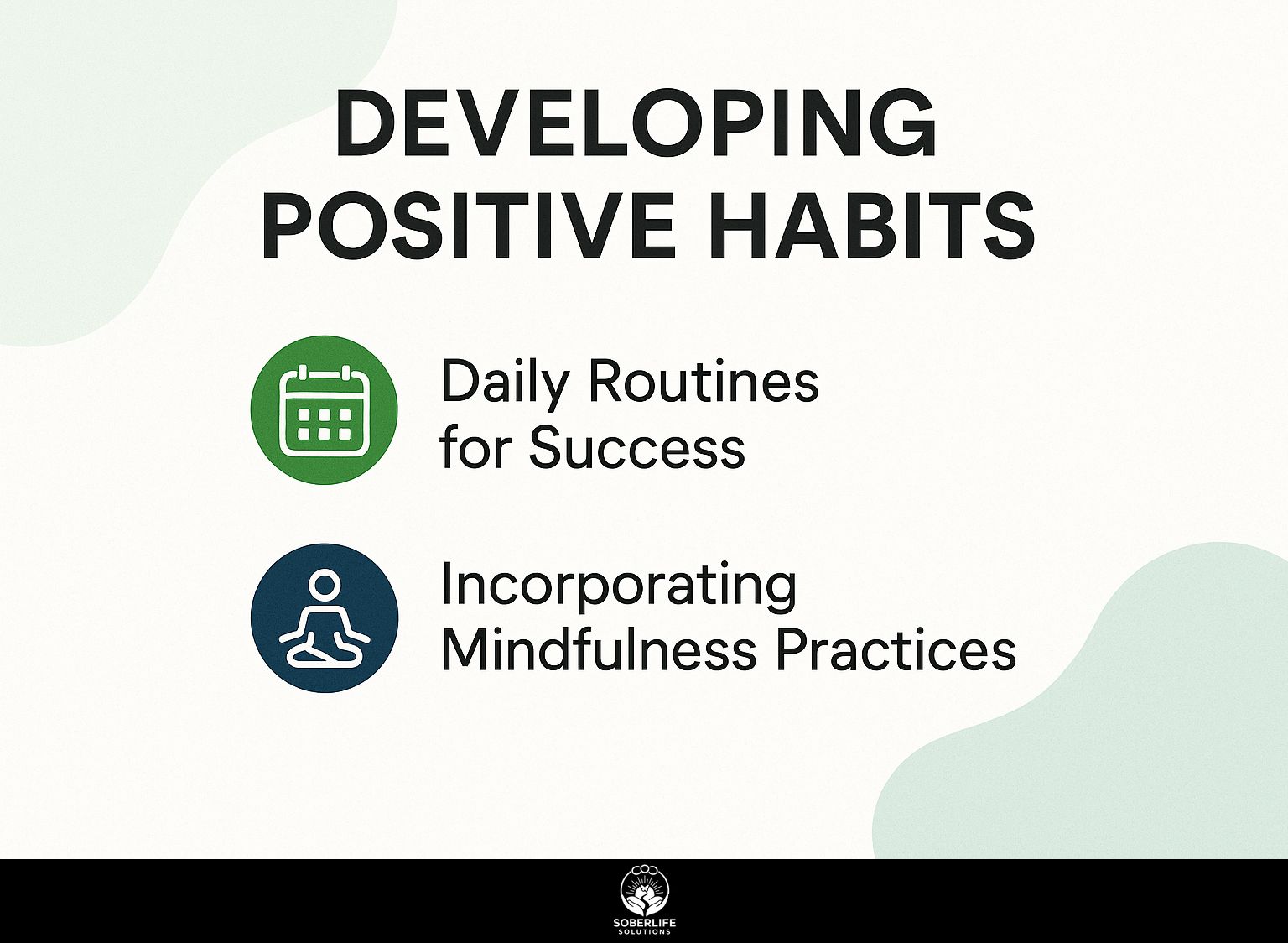
Creating good habits helps build a supportive setting that increases resilience and aids long-term recovery. To effectively cultivate these habits, exploring how to develop healthy habits in recovery can provide valuable insights and practical steps.
Daily Routines for Success
Creating daily routines can help establish structure and predictability, which are essential for successful recovery.
To build an effective daily routine, consider these actionable steps:
- Start by waking up at the same time each day, ideally between 6:30 and 7:30 in the morning.
- Schedule dedicated time for physical activity, such as a 30-minute walk or yoga session, each morning.
- Include regular therapy sessions, perhaps once or twice a week, to provide essential support.
- Block out time slots for meals and leisure activities, allowing for breaks.
A sample schedule might look like this:
- 7:00 AM – Wake up
- 7:30 AM – Exercise
- 8:00 AM – Breakfast
- 9:00 AM – Work or hobbies
Adjust as needed to find what best supports your recovery.
Incorporating Mindfulness Practices
Using mindfulness activities such as yoga and meditation can help strengthen emotional endurance and offer methods to handle challenges during recovery.
Engaging in daily yoga sessions promotes physical and mental well-being, helping reduce stress and increase body awareness.
Guided meditation apps like Headspace or Calm provide organized exercises to reduce anxiety, helping users concentrate on the present time.
Writing in a journal helps people think about their thoughts and emotions.
By adding these habits to their daily routine, people in recovery can find peace and clarity, helping them heal.
Building a Support System
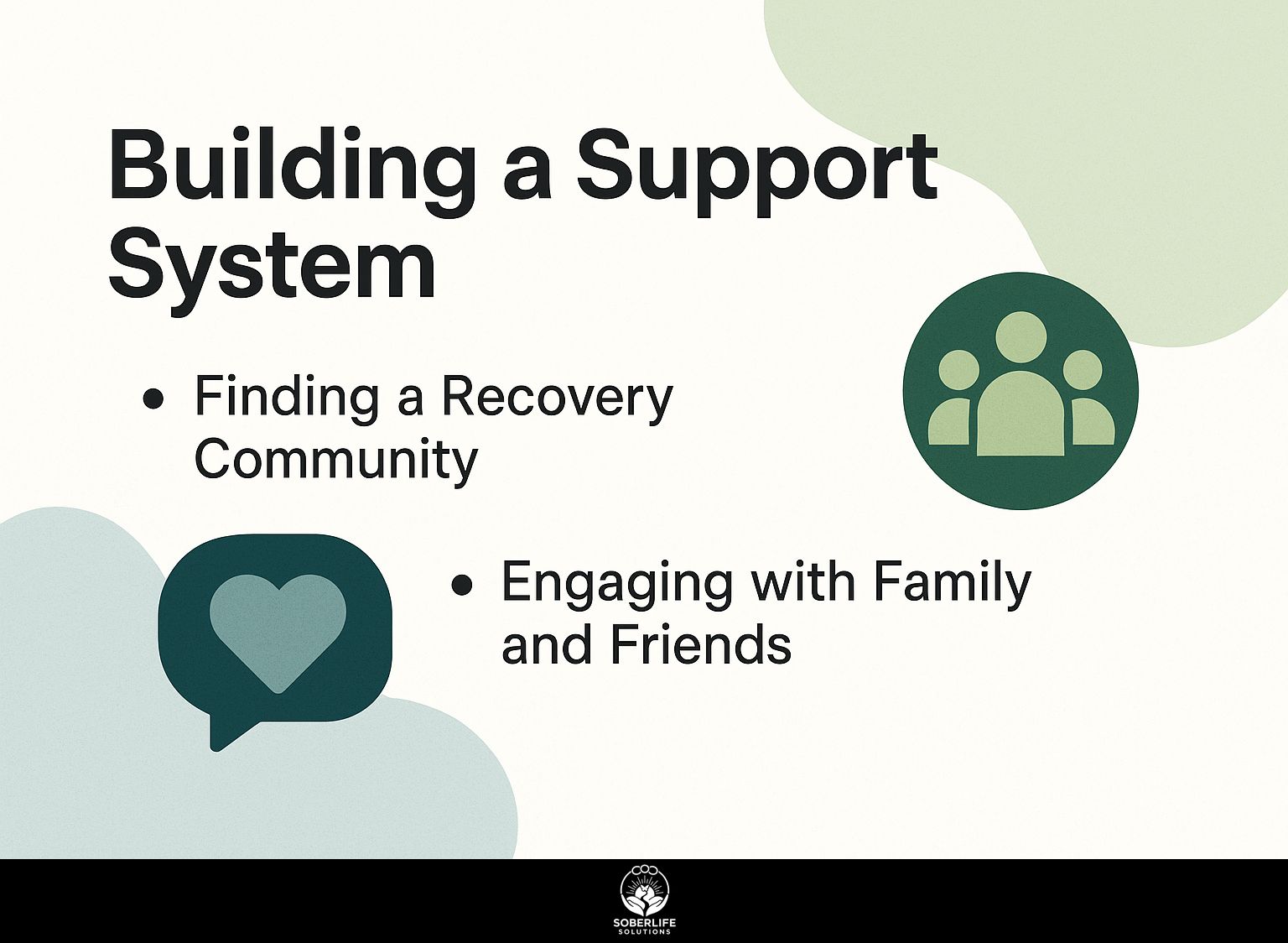
Creating a strong support network is key to managing the recovery process and maintaining sobriety over time. This approach aligns with the principles outlined in our analysis of SMART Recovery: Principles and Benefits, which emphasize structured support and practical strategies.
Finding a Recovery Community
Being part of a support group, like Narcotics Anonymous or Alcoholics Anonymous, can offer essential help and motivation during recovery.
To find local recovery meetings, start by visiting SAMHSA’s National Helpline at 1-800-662-HELP or their online treatment locator. This resource will help you identify meetings nearby.
Platforms like Meetup often list recovery support groups. Going to these meetings provides many benefits, such as:
- Sharing experiences with others
- Looking at different views on the difficulties of recovery
- Building a network of supportive individuals who understand what you’re going through
Being part of this community can greatly help you in your path to sobriety.
Engaging with Family and Friends
Spending time with family and friends can give important emotional help and support while you recover.
Consider involving loved ones through structured family therapy sessions, where a professional can facilitate open discussion about feelings and expectations. This offers a secure environment for individuals to talk about their worries and support each other’s healing.
Sharing clear recovery targets can help with accountability; try scheduling monthly meetings to talk about progress and challenges. Encourage open talk by organizing regular family meetings, giving everyone a chance to speak and feel valued.
This approach builds connections and strengthens the support network needed for successful recovery.
Tracking Progress
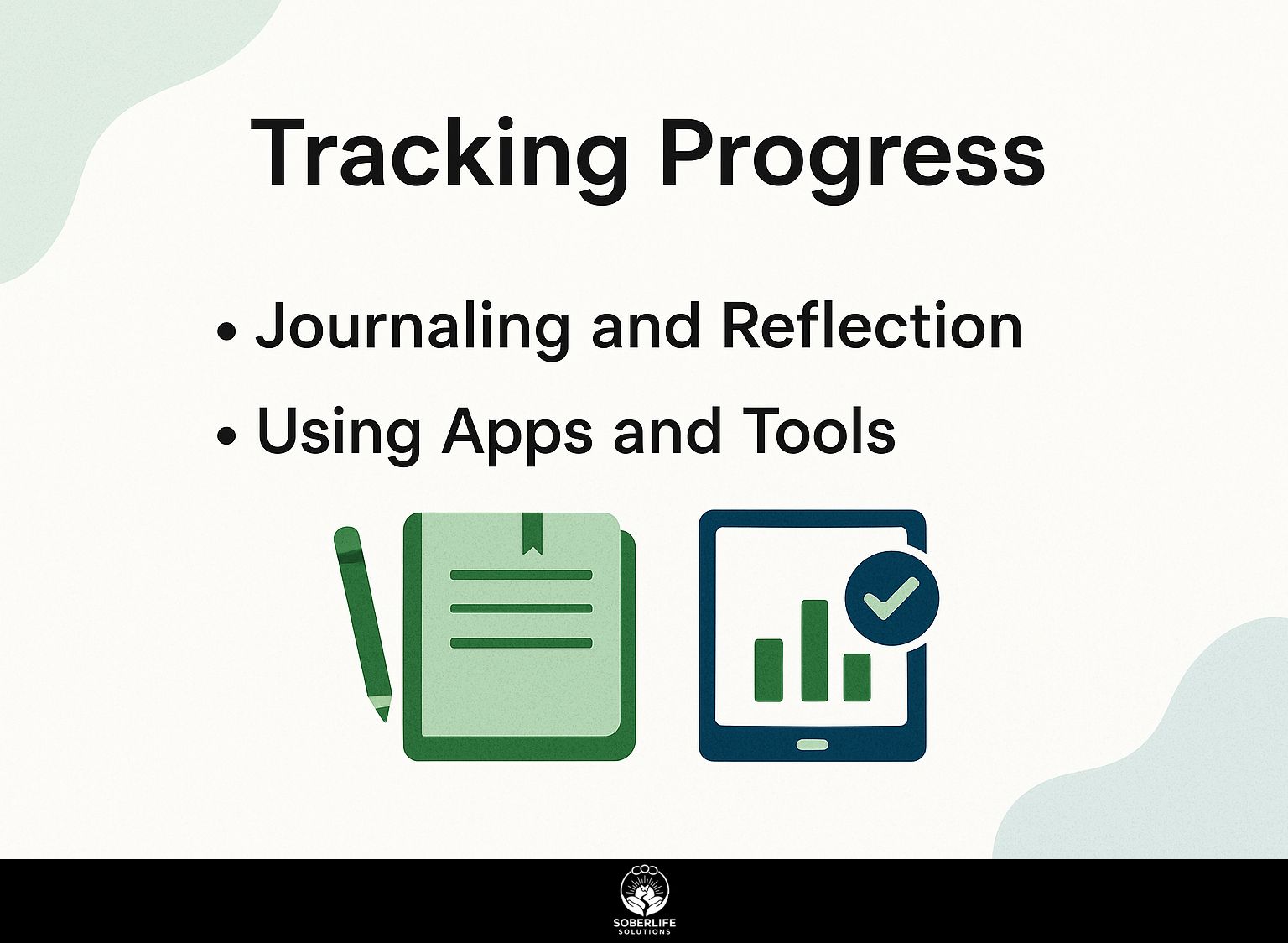
Checking progress is important in recovery. It helps people look back on their path and enjoy achievements.
Journaling and Reflection
Journaling can serve as a powerful tool for reflection, helping individuals process their thoughts and feelings throughout recovery.
To start journaling, set aside a specific time each day or week when you can reflect without distractions. Writing in a journal daily can boost your mood, while writing weekly helps you see overall trends.
Start with questions like, ‘What was the highlight of my day?’ or ‘What difficulties did I encounter this week?’ Use basic tools such as a notebook or a digital app like Day One for ease of use.
Look back at earlier entries to find recurring themes in your thoughts and emotions, helping you see how far you’ve come.
Using Apps and Tools
Using apps and tools, such as BetterHelp for remote therapy or sobriety tracking apps like Sober Time, can facilitate progress monitoring in recovery.
Many apps can help speed up your recovery. For instance, I Am Sober helps track sobriety milestones and includes a supportive community for accountability.
Meanwhile, MyRecovery allows users to log daily reflections and connect with others in recovery. Smart Recovery offers online meetings and materials to build self-help skills.
By using these applications regularly, you can build a complete support network specifically designed for your recovery needs.
Overcoming Setbacks
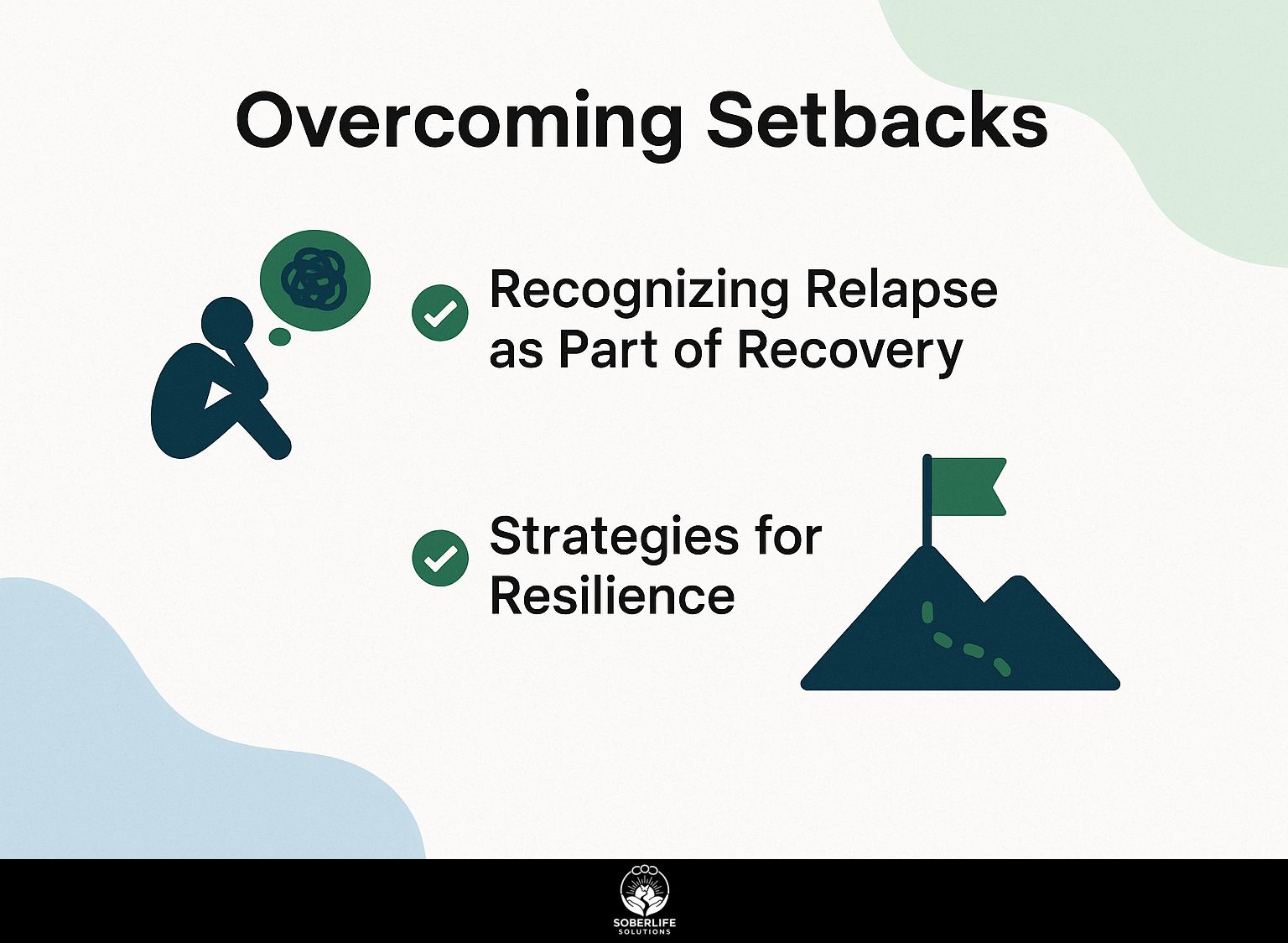
Dealing with setbacks is a usual part of recovery, but knowing what they are can help create good ways to handle them.
Recognizing Relapse as Part of Recovery
Knowing that relapse can occur during recovery helps manage setbacks in a practical way.
Relapse rates can range from 40-60% within the first year, highlighting the necessity of having effective strategies in place. When a relapse happens, try to see it as a chance to learn instead of a setback. In fact, according to a study published in ScienceDirect, understanding the determinants and prevalence of relapse can offer insights into better managing recovery.
Consider documenting your feelings and triggers in a journal, or using apps like Sober Time for tracking progress. Joining support groups, either face-to-face or through sites like Meetup, can help you stick to your goals and build mental strength.
Identify small, manageable steps to regain focus, such as setting daily goals or practicing mindfulness techniques.
Strategies for Resilience
Creating plans to handle challenges is important for managing the changes during recovery.
Including self-care habits is important. Regular exercise like jogging or yoga can improve mental health by releasing endorphins.
Prioritize nutrition by incorporating a balanced diet rich in fruits, vegetables, and whole grains to sustain energy levels.
Volunteer work can create a sense of community connection, enhancing emotional resilience. Sarah started volunteering at a local shelter each week and noticed her confidence increasing and her view on her issues shifting.
By adopting these strategies, anyone can build their resilience over time.
Frequently Asked Questions
1. What is addiction recovery and why is building habits important for it?
Addiction recovery is the process of overcoming a substance or behavioral addiction. Building habits is important because it helps individuals create a structured and consistent routine that promotes long-term recovery.
2. How can I start building habits for addiction recovery?
The first step is to set specific and achievable goals related to your recovery. Then, identify behaviors that will help you reach those goals and create a plan to implement them into your daily routine.
3. How long does it take to form a habit for addiction recovery?
According to research, it takes an average of 66 days for a new behavior to become automatic. However, the time needed can differ for each person and depends on how hard the habit is to form.
4. Can I build habits while in addiction recovery treatment?
Yes, many addiction recovery treatment programs include habit-building strategies. This lets people begin forming healthy habits at the start of their recovery process.
5. How do I stay motivated to continue building habits for addiction recovery?
One way to stay motivated is to track your progress and celebrate small victories. Also, spend time with people who support you and will motivate you to stick to your habits.
6. What are some common habits for addiction recovery that I can start incorporating into my daily routine?
Some common habits include regular exercise, healthy eating, practicing mindfulness and relaxation techniques, attending support group meetings, and setting aside time for self-reflection and self-care.

